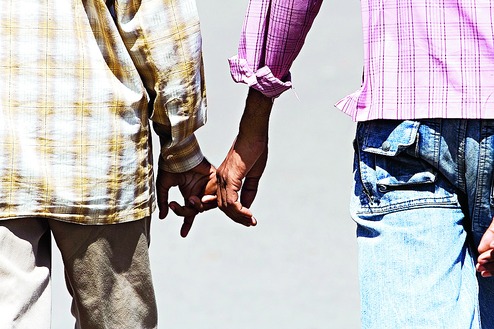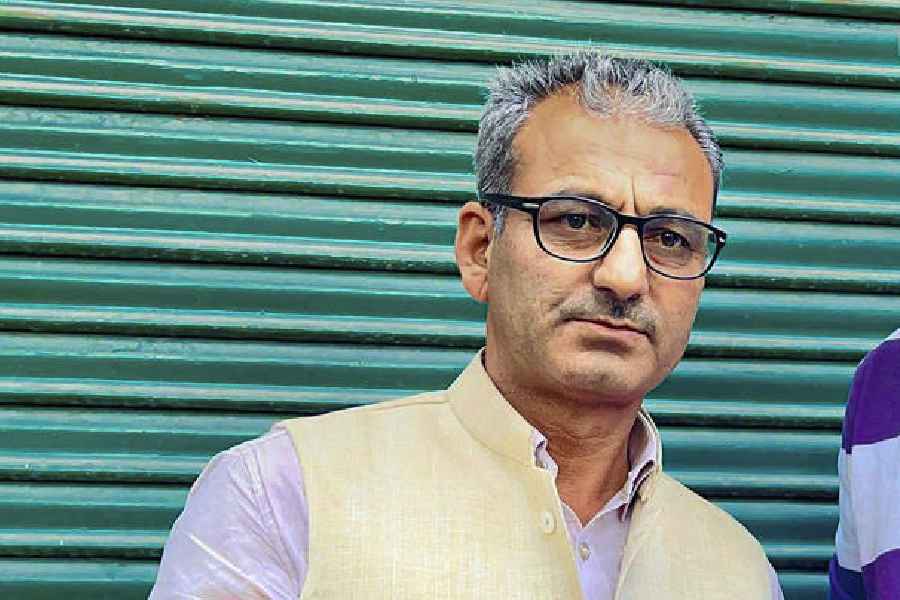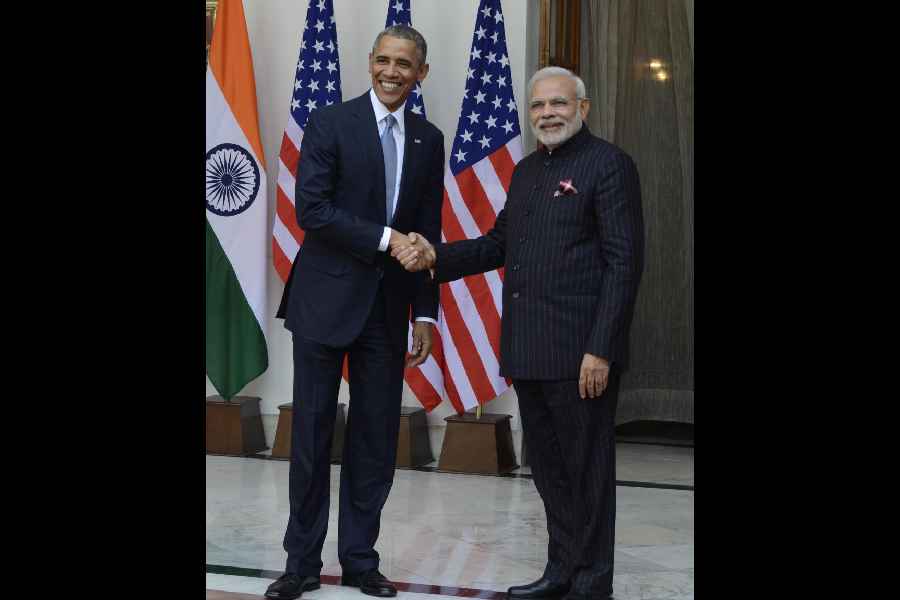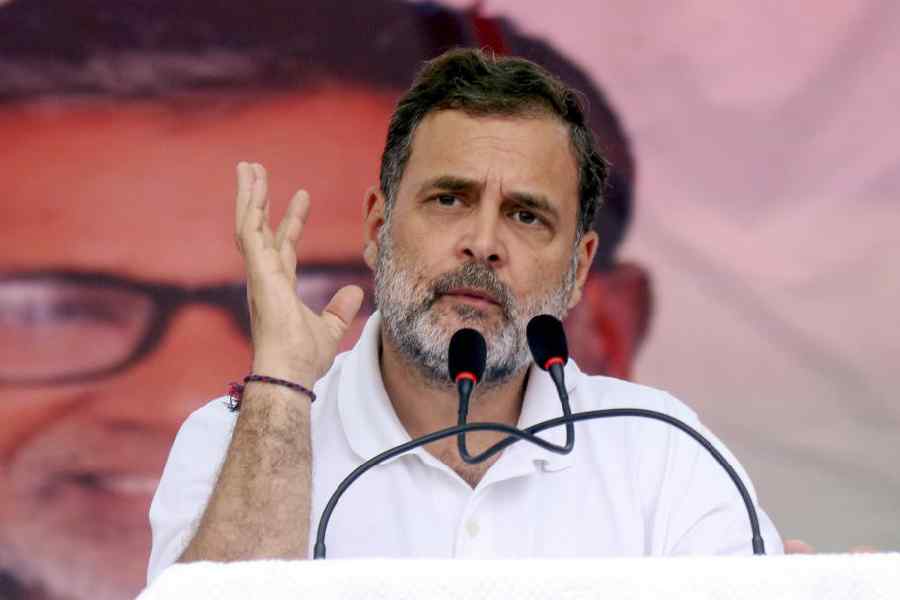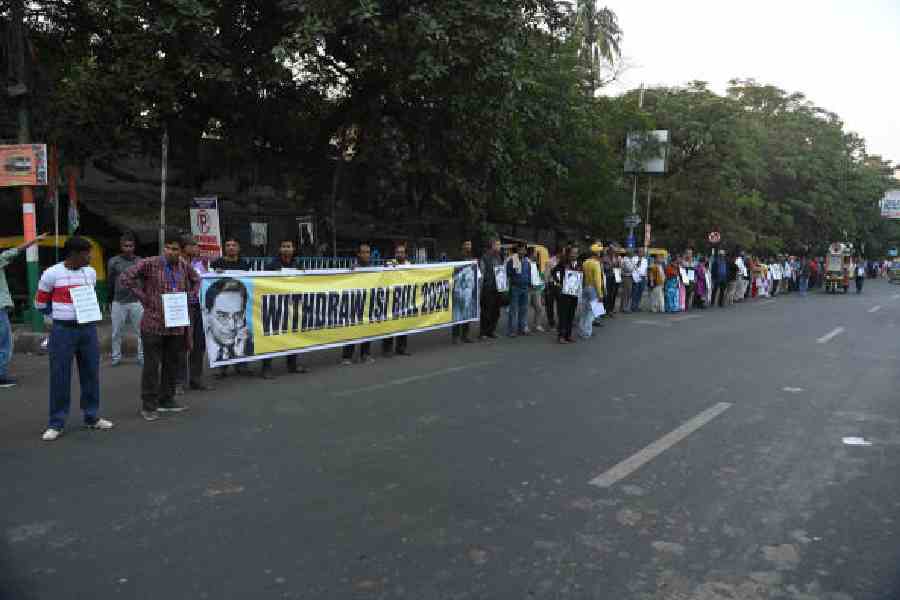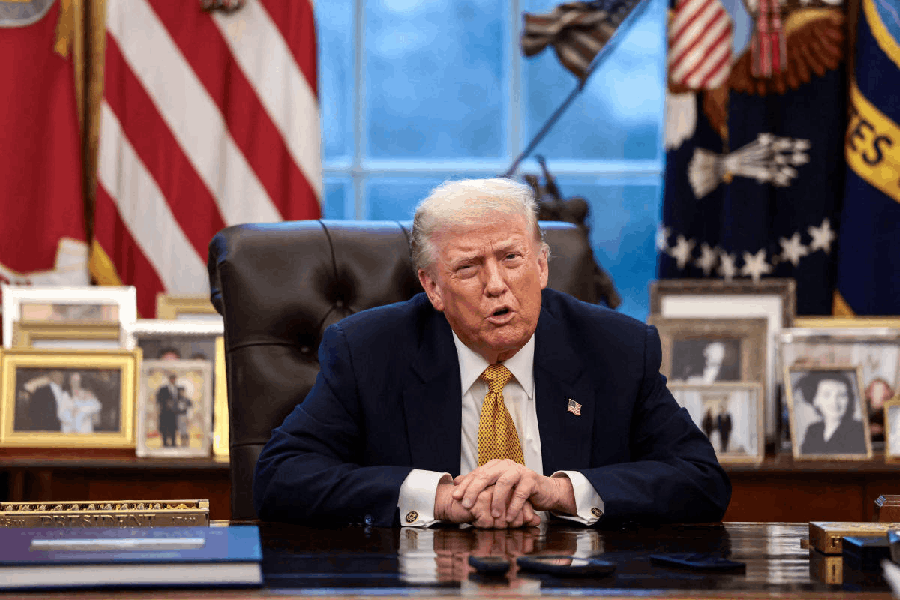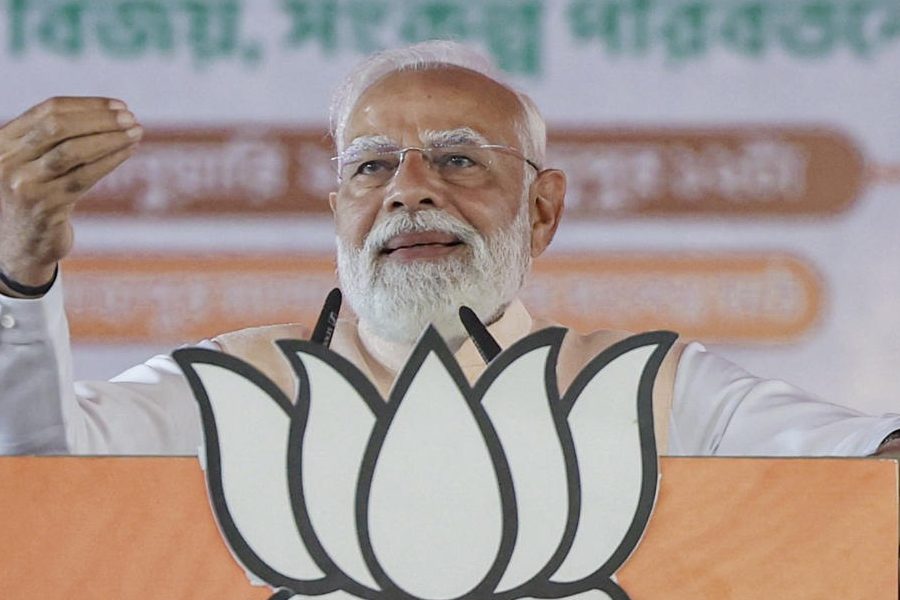

After years of dilly-dallying, Vishal, a marketing manager with a pharmaceutical company, decided to get married. The news far from pleased his parents. First, they threw a fit, then dragged him to a tantric. Next, his father brought home a female prostitute - for him.
"All this because I said I wanted to get married to a man," says Vishal, who is from Mumbai but is currently settled in Ahmedabad.
When he couldn't convince his parents, Vishal approached Arranged Gay Marriage (AGM), India's first gay marriage bureau. A couple of interactions later the matchmakers there managed to get through to his parents. "They saw several videos on gay relationships on the Internet; they read about gay marriage on various websites; they sat through several counselling sessions to know how gay relationships work," says Vishal. Once they were convinced, they started looking for a partner for him.
The search ended with Kartikey, a professor in a Mumbai college. "We are getting married in December," says Vishal. Maitree Basu, who works for an IT firm in Bangalore, also met her partner Tanushree through the bureau. The two tied the knot last year.
Like Vishal and Maitree, over 23 other homosexuals - gays and lesbians - have found their partners through this Ahmedabad-based marriage bureau since it was founded a little over a year ago. To date, the bureau has facilitated four such marriages in India and 20 abroad. And its Facebook page is perennially flooded with queries.
Unlike Australia, Belgium, Norway, Spain, Canada, South Africa, the Netherlands and some states in the US, gay marriage is not legally recognised in India. In fact, Section 377 of the Indian Penal Code prohibits it.
But legalities don't seem to deter Urvi Shah, the 23-year-old owner of the bureau. "Gays and lesbians also have the right to live a normal life just as any heterosexual," she says. "Everyone needs a life partner. Moreover, marriage reflects traditional Indian values." Having said that, she is well aware that in India "coming out" is no easy task, forget deciding to get married. She feels strongly about the social exclusion and psychological distress homosexuals are subjected to and through the bureau offers counselling support to those who want to come out of the closet.
For homosexuals opting or wanting to get married, the idea is to publicly claim their societal space as a married person just as any married heterosexual person. Only last month, Manjit Kaur, a 30-year-old Punjab Police woman sub-inspector married another woman at Pucca Baugh, in Jalandhar, complete with Hindu rituals. Mumbai-based Gaurav Salve, a chartered accountant, married Jake, an American, last year. He says, "I am a religious person and I wanted to get married. For a man in India, getting married to a man was impossible."
Manvendra Singh Gohil, the celebrity gay prince of Rajpipla in Gujarat, often counsels the clients of AGM. He asks, "When heterosexuals have the liberty to marry, why should gays be deprived of the same right?"
No reason, except that among other things it isn't easy for homosexuals to find partners keen on a long-term relationship and commitment.
"Homosexual men do have a tendency to have multi-partner sex as their stable relationships are not recognised by society," says gay rights activist Ashok Row Kavi. "Our first baseline survey in Mumbai in 2000 showed that gay men had an average of 11 casual partners in a month. This figure has now come down to four and even this is reducing," says Ashok who is chairman of the gay rights organisation, Humsafar Trust. He stresses that as society is getting used to same-sex couples, the chances of stable gay relationships are increasing.
In the meantime, however, the going continues to be tough for Urvi who runs the bureau out of Gujarat, the BJP-run state that supports criminalisation of gay sex. She will tell you it is considered "unethical for a Hindu girl to support homosexuals" and she is used to receiving random threats. Recently, an anonymous caller threatened her with acid attack.
On the home front, too, niggling worries abound. Her parents seem to have got past the initial worry about what people will make of such an initiative. But they cannot stop worrying about how it will impact Urvi's own marital prospects. Perhaps they worry that no one will believe that she is herself of heterosexual orientation.
Urvi, however, is unbudging. Her steadfastness holds out hope to the homosexual community. Gaurav is thinking of adopting a child.
From counselling and facilitating same-sex marriages will AGM diversify into helping homosexual couples raise a family? It well might, once the trend they've floated settles in.

